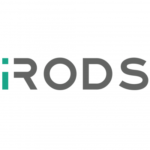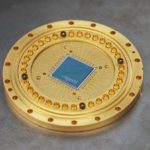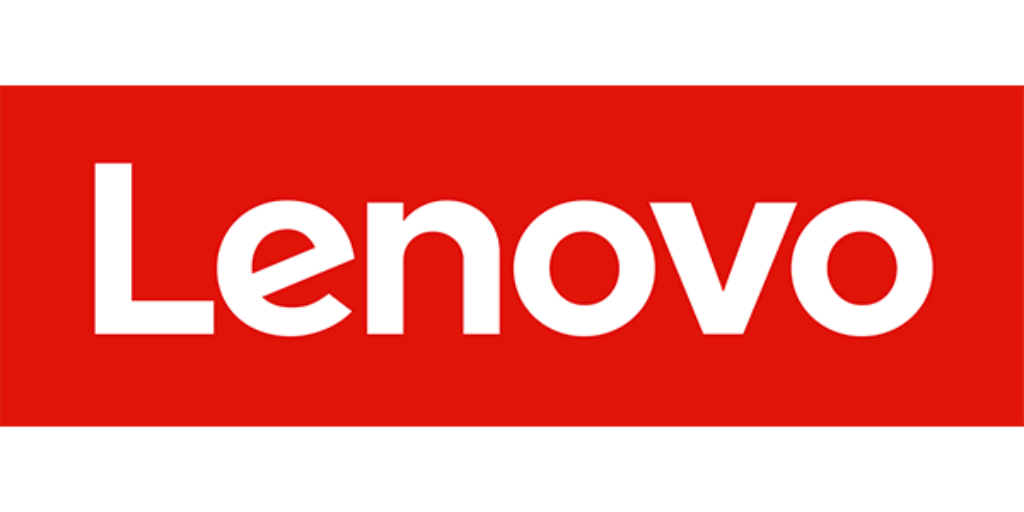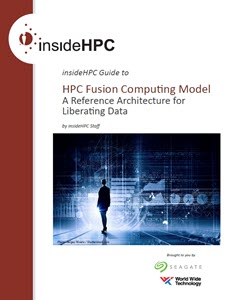Oct. 15, 2020 – Cambridge Quantum Computing (CQC) today announced the latest version of t|ket〉(pronounced “ticket”), its high-performance quantum software development kit (Q-SDK), which now enables quantum circuit execution on Amazon Braket, a fully managed quantum computing service from Amazon Web Services (AWS), and IonQ quantum computers as well as application development on the Windows […]
Cambridge Quantum Computing Announces Update to t|ket⟩ Quantum Software Development Kit (Q-SDK)
Cambridge Quantum Computing with IBM Launches 1st Cloud-Based Quantum Random Number Generator
Cambridge Quantum Computing (CQC) has launched the world’s first cloud-based Quantum Random Number Generation (QRNG) Service with integrated verification for the user. Randomness is an essential and ubiquitous raw material in almost all digital interactions and is also used in cybersecurity to encrypt data and communications and perform simulation analysis across many sectors, including the […]
Quantum Computing: Inaugural €10,000 Hartree Centre & Atos Joseph Fourier Prize Launched
London, 16 September 2020 – Atos, a global leader in digital transformation, together with the Science and Technology Facilities Council (STFC) Hartree Centre this week launch a new UK and Ireland competition aimed at supporting innovative work in the field of quantum computing. In encouraging researchers, academics and industrial scientists to submit their own research project it is hoped […]
The Hyperion-insideHPC Interviews: Dr. Michael Resch Talks about the Leap from von Neumann: ‘I Tell My PhD Candidates: Go for Quantum’
Dr. Michael M. Resch of the University of Stuttgart has professorships, degrees, doctorates and honorary doctorates from around the world, he has studied and taught in Europe and the U.S., but for all the work he has done in supercomputing for the past three-plus decades, he boils down his years in HPC to working with […]
U.S. Launches $75M Push to Advance Quantum Information Science – 3 University Centers
The U.S. has launched a $75 million to accelerate quantum information science (QIS) research and development, funding that will establish three Quantum Leap Challenge Institutes. An announcement today from the White House Office of Science and Technology Policy and the National Science Foundation (NSF) said the institutes will be hosted by the University of Colorado, Cal-Berkeley and the University of Illinois and will integrate resources and expertise of the U. S. National Laboratories and industry partners. Along with R&D, the institutes will also “focus on training and educating a diverse, quantum-ready U.S. workforce.”
Evolving Considerations for Data Storage in Life Sciences
The latest lab instruments are driving the need for powerful IT resources in the life sciences. Laboratory technologies are evolving rapidly. Download the new report from Quantum, to discover the latest for data storage in life sciences.
Quantum Storage Solutions Power Self-driving Cars for AutonomouStuff
Today Quantum Corporation named AutonomouStuff LLC as its primary partner for storage distribution in the automotive market, enabling them to deliver Quantum’s comprehensive end-to-end storage solutions for both in-vehicle and data center environments. “Autonomous research generates an enormous volume of data which is vital to achieving the goal of a safe autonomous vehicle,” said Bobby Hambrick, founder and CEO of AutonomouStuff. “Quantum multitier data storage kits powered by StorNext offer a highly scalable and economical solution to the data dilemma researchers face.”
iRODS Consortium adds Members and Joins OpenSFS
iRODS is taking an active role in Lustre community. The iRODS Consortium recently signed on to the Open Scalable File Systems, Inc (OpenSFS), a nonprofit organization dedicated to the success of the Lustre file system, an open source parallel distributed file system used for computing on large-scale high performance computing clusters.
Unsupervised Machine Learning on a Hybrid Quantum Computer
We show that our algorithm has robustness to quantum processor noise, and we find evidence that classical optimization can be used to train around both coherent and incoherent hardware imperfections. Beating the best classical benchmarks will require more qubits and better performance, but hybrid proofs-of-concept like this one form the basis of valuable applications for the first quantum computers.
Quantum Launches Scale-out NAS for High-Value and Data-Intensive Workloads
There is a gap in the market between NAS systems designed for enterprise data management and HPC solutions designed for data-intensive workloads,” said Molly Presley, vice president, Global Marketing, Quantum. “Xcellis Scale-out NAS fills this gap with the features needed by enterprises and the performance required by HPC in a single solution. Xcellis uniquely delivers capacity with the economics of tape and cloud and integrated AI for advanced data insights and can even support traditional block storage demands within the same platform.”









